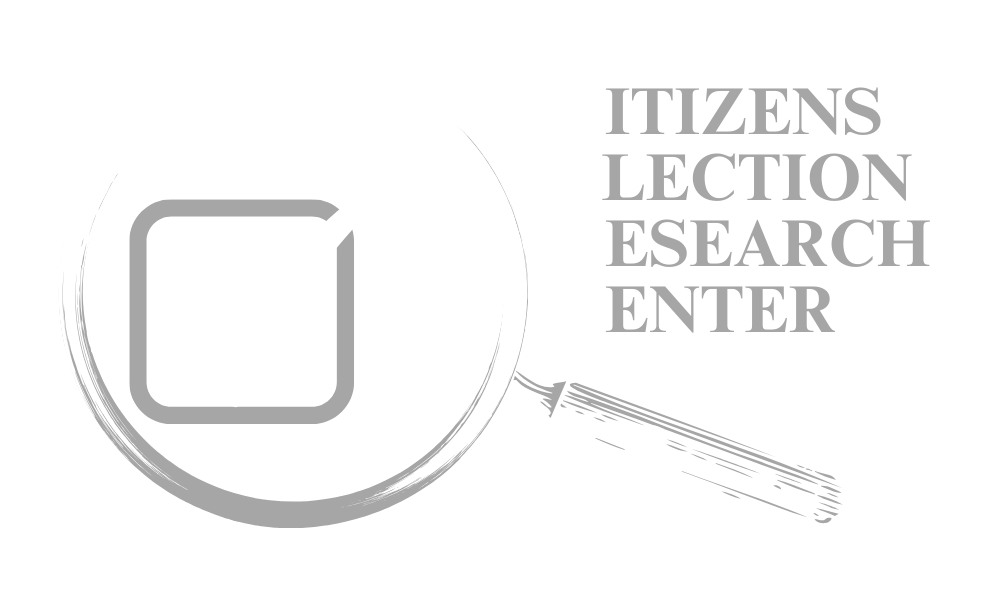Note: the link(s) on this page may send you to another site’s page that may/may not still be present depending on age of the post.
Article: RNC Suit Seeks Information About $2 Million ‘Zuckerbucks’ Grant in Georgia
The Republican National Committee is filing suit to see if one of Georgia’s most populous counties illegally received private funding for its public election activities.
On May 16, the RNC filed a one-count complaint against the DeKalb County Voter Registration and Elections Office, along with various county officials and related offices, in the Superior Court of DeKalb County, Georgia. The complaint alleges the county failed to comply with Georgia’s Open Records Act by not providing all public records related to its dealings with the U.S. Alliance for Election Excellence.
In February 2023, the county announced it received $2 million from the Alliance. At the time, the county said in a release it would join “a select bipartisan group of election officials to share best practices and strategies in their ongoing pursuit of excellence.”
Or download the .pdf below.
Warning: The article is neither owned nor written by the Citizens Election Research Center. The provided .pdf is only for the purposes of ease of viewing.
